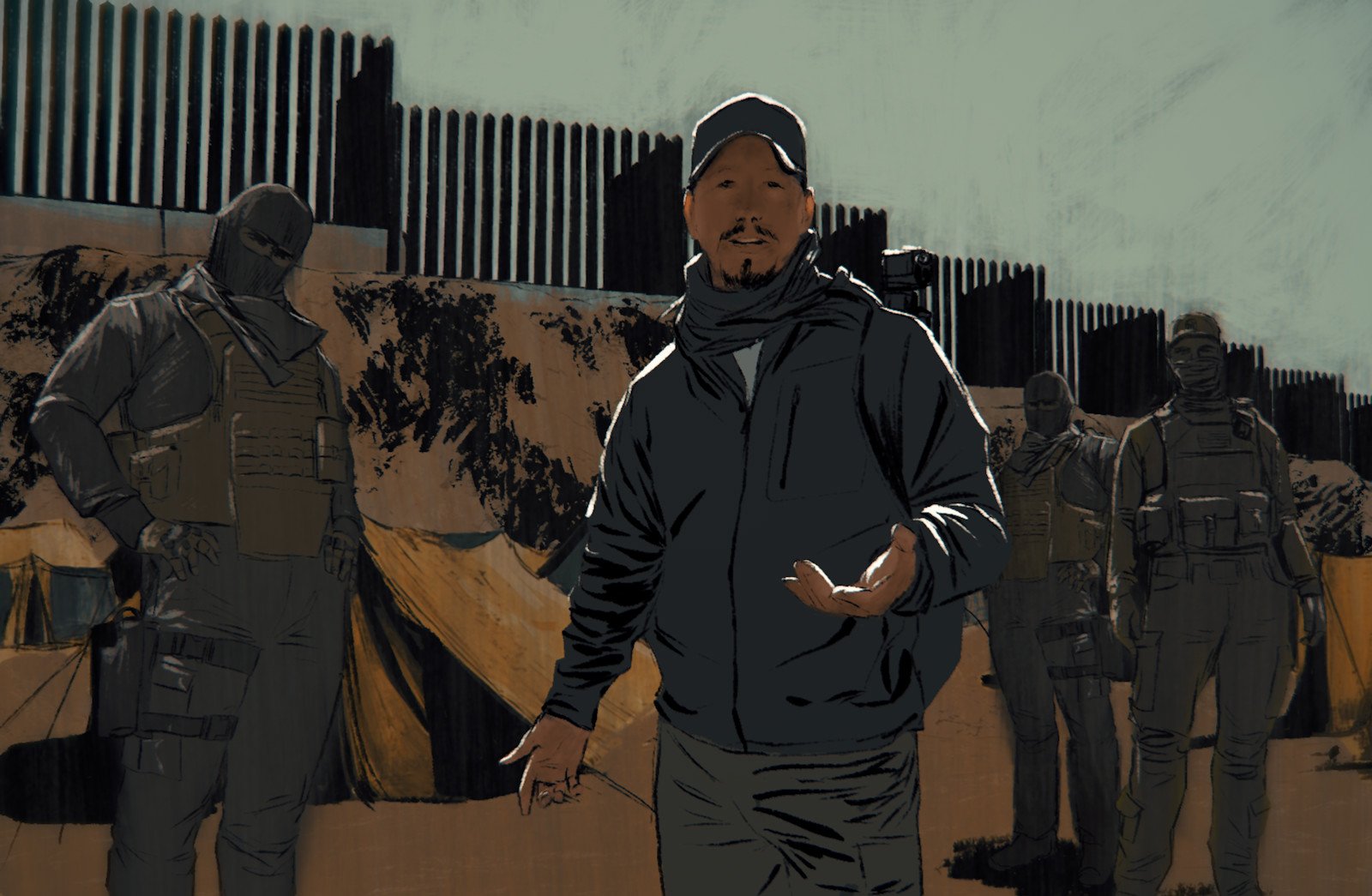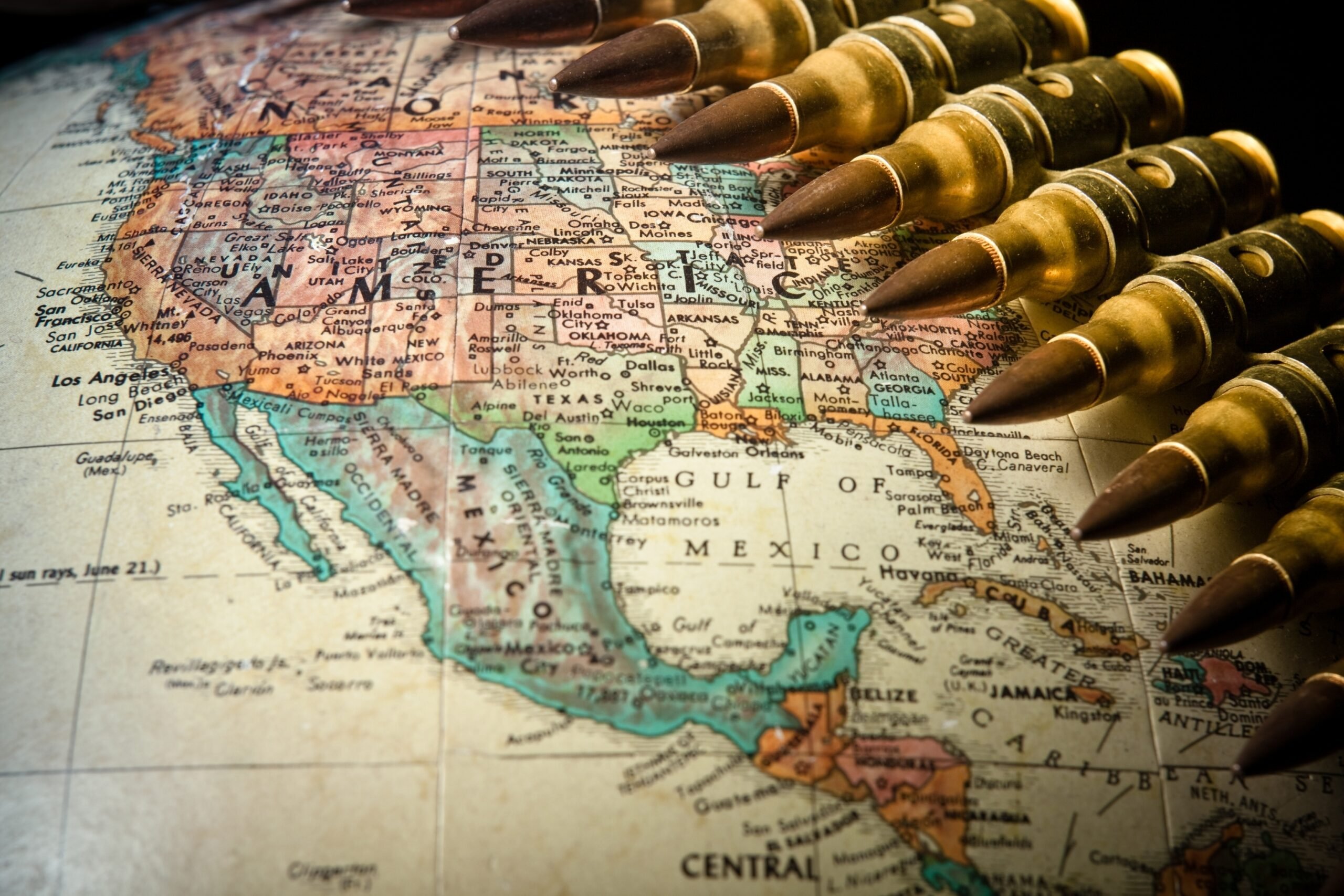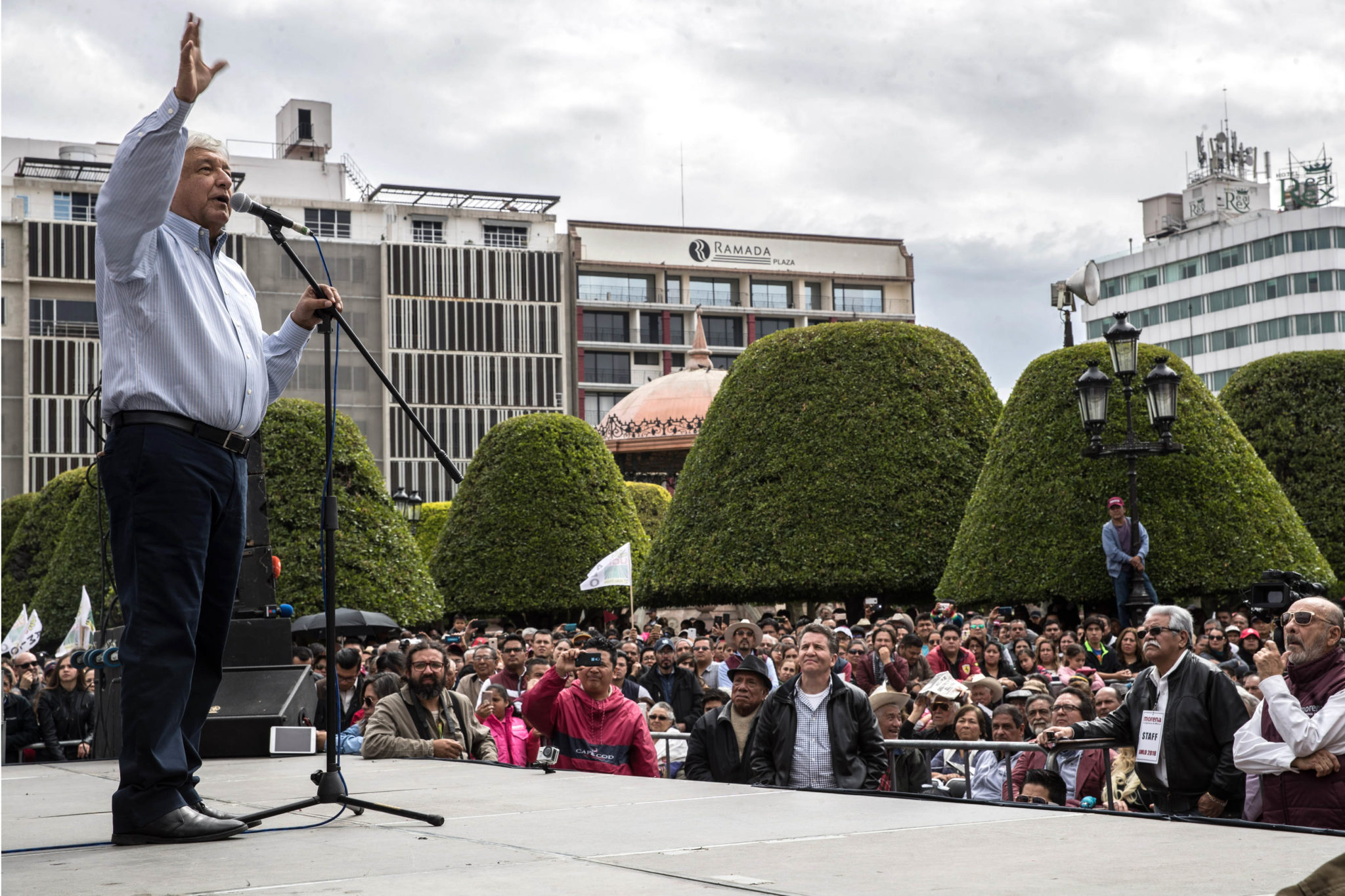
Will Mexico Elect its First Leftist President Since 1934?
Andrés Manuel López Obrador, a former mayor of Mexico City running his third presidential campaign, has Bernie Sanders-esque qualities and is leading the polls.
Mexico’s presidential elections are three months away and Andrés Manuel López Obrador (AMLO) of the Morena party has a double-digit lead in the polls. In a three-way race with no runoff, this is what a potential landslide looks like. If he wins on July 1, AMLO would be the first leftist to become the country’s president since 1934 when Lázaro Cárdenas, a revered hero of the Mexican Revolution and Mexico’s own FDR figure, was elected. Needless to say, a left turn would be a big change for Mexico, where seven decades of rule by the authoritarian PRI were followed by 18 years of the PRI and the center-right PAN alternating in power.
In the United States, the Mexican presidential election has been mostly ignored, swamped by coverage of Trump, school shootings and other domestic concerns. Where AMLO’s lead has received attention, it has been treated with a mixture of incredulity and fear. The financial sector, in particular, is worried that an AMLO government will cancel oil contracts negotiated by the Enrique Peña Nieto administration or even pull out of NAFTA. Among more general observers in the United States, little is known about AMLO beyond the caricature of him painted by his opponents at home: He is a messianic populist who wants to take Mexico back to a time of autocratic politics and economic mismanagement.
Mexico is still a country of abysmal inequality where over 50 million poor coexist with the richest man in Latin America.
Mexicans have heard it all before. They heard it in 2006, when AMLO lost the presidency to the PAN’s Felipe Calderón by less than 1 percentage point, and again in 2012 when he lost by more than 6 points to the PRI’s Peña Nieto. This time around they appear to be inoculated against tired anti-left propaganda. They are angry, they want things to change and they believe AMLO is the one who will deliver. Though opponents would like to brand those who support AMLO as ignorant fools, it is the country’s middle classes who are giving him an edge: 43 percent of college-educated voters favor the leftist candidate while 17 percent of the same group would vote for the PAN and only 10 percent would vote for the PRI.
Fueling the left’s surge in Mexico is widespread indignation at the traditional parties that have failed to remedy the country’s problems. Both Calderón and Peña Nieto put security at the top of their agenda but violence persists while its root causes — bad governance, corruption and poverty — remain untouched. Successive governments have paid lip service to reducing the gap between the rich and the poor, but social programs have been ineffective. Mexico is still a country of abysmal inequality where over 50 million poor coexist with the richest man in Latin America.
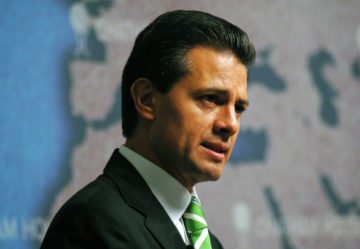
Rubbing salt in Mexicans’ wounds is the often shameless way in which Mexican politicians use their access to public funds to enrich themselves. Peña Nieto has been credibly accused of exchanging government contracts for luxurious real estate (the infamous Casa Blanca) and for money to finance his campaign. Three PRI governors — from Veracruz, Chihuahua and Quintana Roo — are currently battling serious allegations of corruption. The old Priísta saying — “A politician who is poor is a poor politician” — is still their motto.
López Obrador’s own biography makes him well-suited to profit from the discredit of PAN and PRI. In stark contrast to the other candidates, he is seen as an honest and frugal man. His social justice advocacy and critique of economic elites give him a Bernie Sanders-esque quality. But unlike the senator from Vermont, who has cherished his outsider status, AMLO has shown his ability to navigate party politics. He has also proved his capacity to govern: He was mayor of Mexico City, the country’s second-most important elected office, from 2000 to 2005.
AMLO joined the PRI’s left wing in the late 1970s and became one of the founders of the leftist Party of the Democratic Revolution (PRD) in 1989. He was a pragmatic party leader and steered the PRD to win its first governorships in the mid-1990s. He founded Morena in 2014 after the PRD agreed to support Peña Nieto’s reforms. His tenure as mayor was generally perceived as successful. He kept his campaign promises of ending the government’s spendthrift ways and prioritizing the poor and he did it without alienating business. Despite constant attacks from the federal government, political parties and the media, he remained an immensely popular mayor and left with an approval rating of 76 percent.
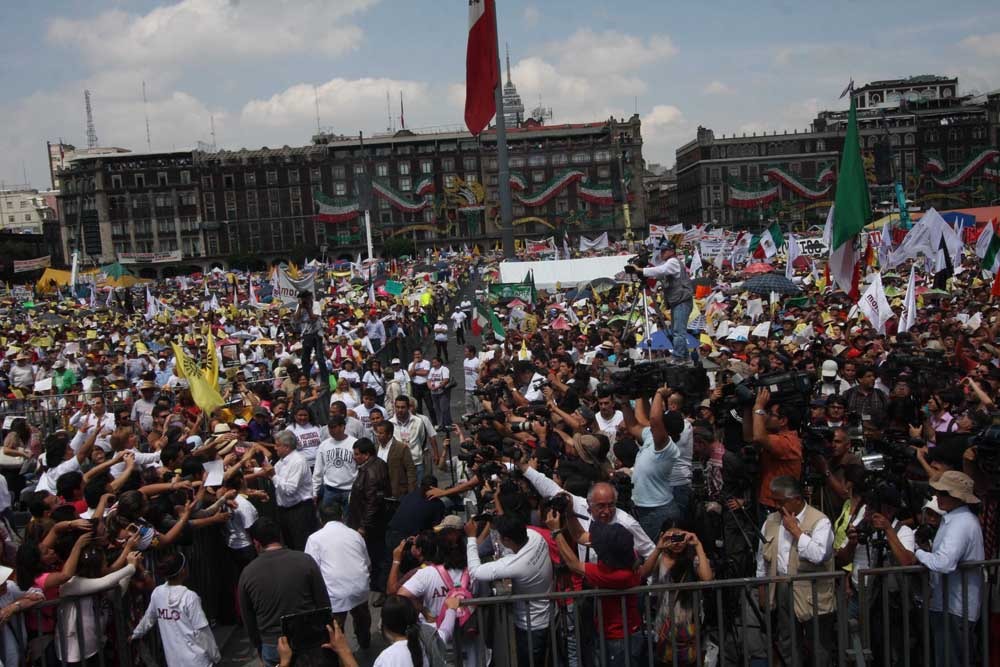
But AMLO is not perfect. He considers stubbornness one of his biggest qualities. In 2006, for example, he refused to attend a presidential debate, a bad tactical mistake that hurt him in the polls. He’s been criticized for not vocally supporting abortion rights, same-sex marriage and the legalization of marijuana. His image was tarnished when he refused to concede after his first presidential defeat in 2006. Claiming that he lost because of voting fraud, AMLO led an Occupy-style protest in Mexico’s main public square. His opponents accused him of being a sore loser who lacked respect for democratic institutions.
Still, the AMLO campaign this year is a gentler and more polished version of his previous bids. Though he continues to emphasize the most vulnerable, he has gone out of his way to convince business sectors that the country’s macroeconomic stability is guaranteed if he wins. He has softened his discourse to the point of openly supporting free trade. Opponents have waited in vain for gaffes they can exploit, and he has skillfully used social media to stay on message and communicate directly with voters.
López Obrador’s social justice advocacy and critique of economic elites give him a Bernie Sanders-esque quality.
Texans, in particular, may be interested in his position on NAFTA. He has been critical of the trade deal in the past, but in the face of President Donald Trump’s attacks on the agreement, AMLO has shifted his position dramatically: “We do not want obstacles to trade, we do not want tariffs, we want free trade with the United States and with Canada.” Just last week AMLO named a respected World Trade Organization economist, Jesús Seade, to head NAFTA talks if he is elected in July. Seade was quick to reassure skeptics: “The economic relationship with the United States is super important,” he said, while adding that an update would be in the interest of all parties.
When the mariachi starts playing “Las Golondrinas,” Mexicans know it’s time to say goodbye. But the song hasn’t played yet for Mexico’s traditional parties. AMLO can still lose. The media is largely pro-status quo and will do all in its power to make any other candidate win (think of the way Fox News tries to prop up Trump). The economic elites still see AMLO as their least preferred candidate and they will pour resources into stopping him from becoming president. Like they did in 2006 and 2012, the PAN and the PRI could strike an informal agreement to support the most competitive candidate against AMLO. Electoral authorities could fail to sanction fraudulent tactics like they have done in the recent past.
Yet the urgency for change in this election is quite strong. Fear of a leftist candidate winning the presidency is misplaced. What should be a cause of concern is whether Mexicans are allowed to exercise their right to change course if that is indeed their choice. One can only hope that they will be.
